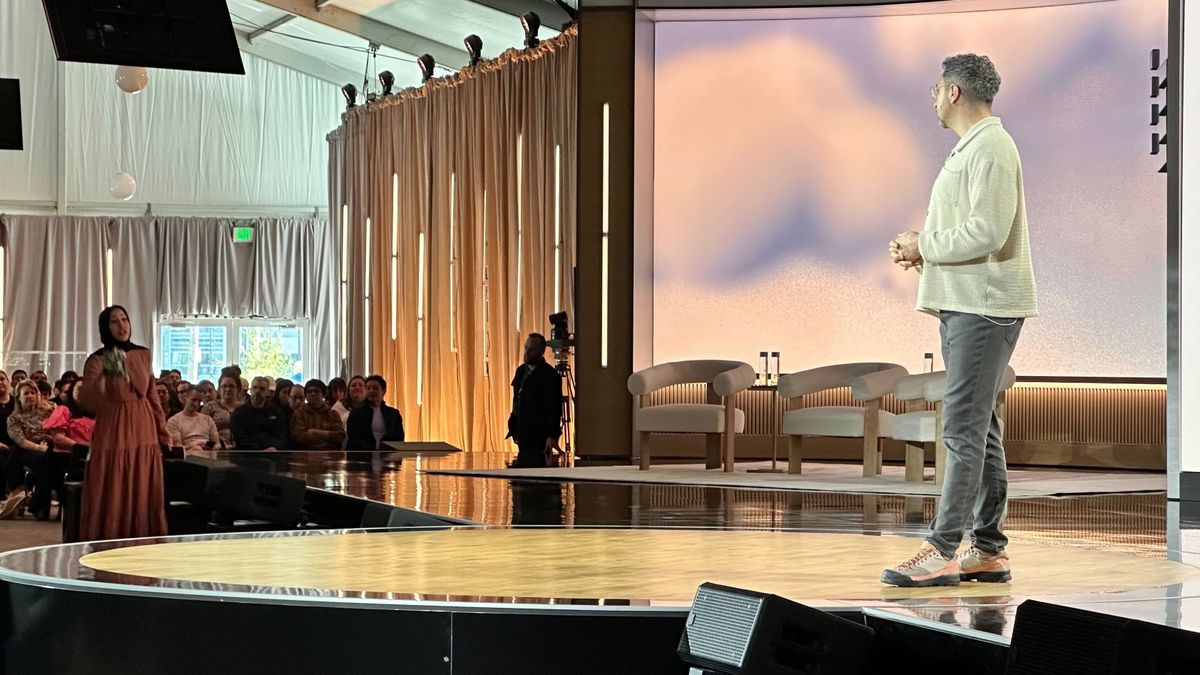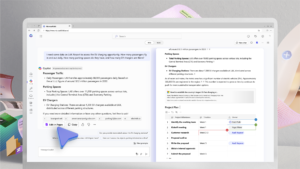Employee Protests During Microsoft’s 50th Anniversary Copilot Event: ‘You Have Blood on Your Hands’

Microsoft Celebrates 50 Years with Unforeseen Protest
On April 4, Microsoft celebrated its 50th anniversary with a special live event at its headquarters. The company aimed to showcase new features for its Copilot AI assistant. However, the occasion took an unexpected turn when a Microsoft employee interrupted the event to voice her concerns.
The Protest
Ibtihal Aboussad, a Microsoft employee, interrupted CEO Mustafa Suleyman during his presentation. Aboussad expressed her outrage over Microsoft’s technology sales to Israel, which have been reportedly used in military operations. During her speech, she exclaimed, "Shame on you all! You have blood on your hands!" This bold claim pointed towards the alleged use of Microsoft’s AI tools in the ongoing Israeli-Palestinian conflict.
Aboussad’s voice rose as she continued, stating, "50,000 people have died, and Microsoft powers this genocide in our region. You are a war profiteer!" Her remarks highlighted a serious ethical dilemma surrounding how technology can be misused in conflicts.
Background Context
The alarming nature of the claims made by Aboussad is rooted in an investigation by the Associated Press. The report outlined that after the Hamas attack in October 2023, the Israeli military ramped up the use of AI systems, particularly those developed by Microsoft, to track down militants. Unfortunately, this has corresponded with a significant increase in civilian casualties in the region.
Heidy Khlaaf, chief AI scientist at the AI Now Institute and a former safety engineer for OpenAI, stated, “This is the first confirmation we have gotten that commercial AI models are directly being used in warfare." Her comments underline the broader implications of technology’s role in supporting what many, including Aboussad, view as unethical warfare.
Further Responses to the Investigation
The investigation by the Associated Press ignited protests among Microsoft employees. Earlier this year, in reaction to the report, five employees were removed from a company meeting for advocating against Microsoft’s collaboration with military entities. During the 50th anniversary event, although Aboussad was allowed to voice her concerns for a few minutes, she was ultimately escorted from the venue.
After the main event, other protestors gathered outside, holding banners and chanting slogans that criticized both the Israeli-Palestinian conflict and Microsoft’s involvement. The sentiment among the protestors illustrated a growing unease regarding the ethical responsibility of technology companies in conflict zones.
Continued Discontent During the Event
The situation escalated again during a panel featuring former and current Microsoft CEOs, including Steve Ballmer, Bill Gates, and Satya Nadella. Another protestor interrupted the discussion to raise similar issues related to the Israeli-Palestinian conflict. This individual was also swiftly removed, emphasizing an atmosphere of tension surrounding the event.
The Bigger Picture
As companies like Microsoft venture deeper into the realms of AI and technology, ethical considerations become increasingly vital. Organizations are being called to reflect on their products’ societal impacts, particularly when their technologies can be utilized in military operations. The protests at Microsoft’s anniversary represent a growing movement among employees and activists demanding accountability and ethical practices in tech collaborations.
Aboussad’s actions, alongside those of other protestors, serve as a reminder of the significant role that technology plays in contemporary conflicts, and the importance of scrutinizing those relationships. As society becomes more aware of these issues, it raises the question of how companies can responsibly navigate their ties with governments and military operations while maintaining ethical business practices.






